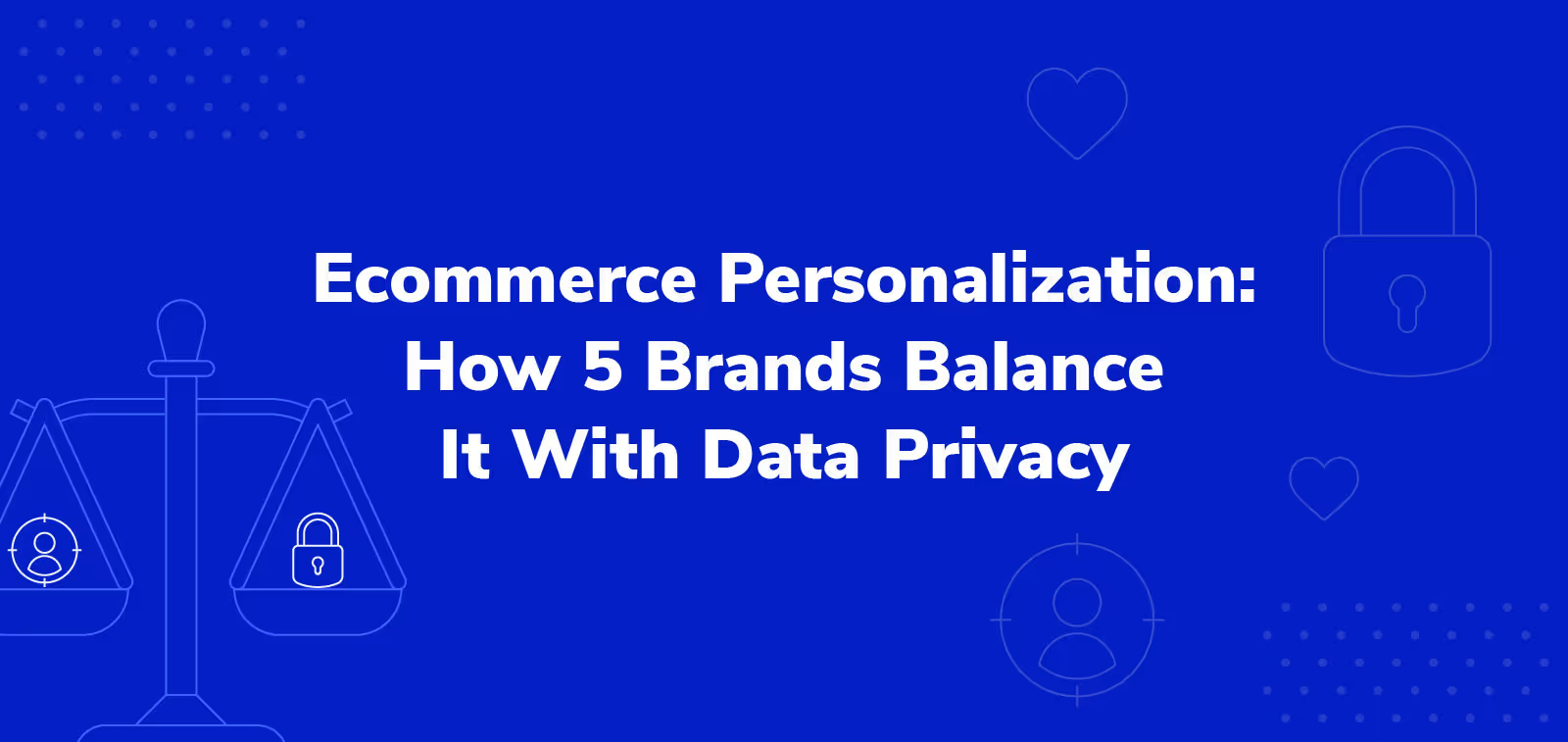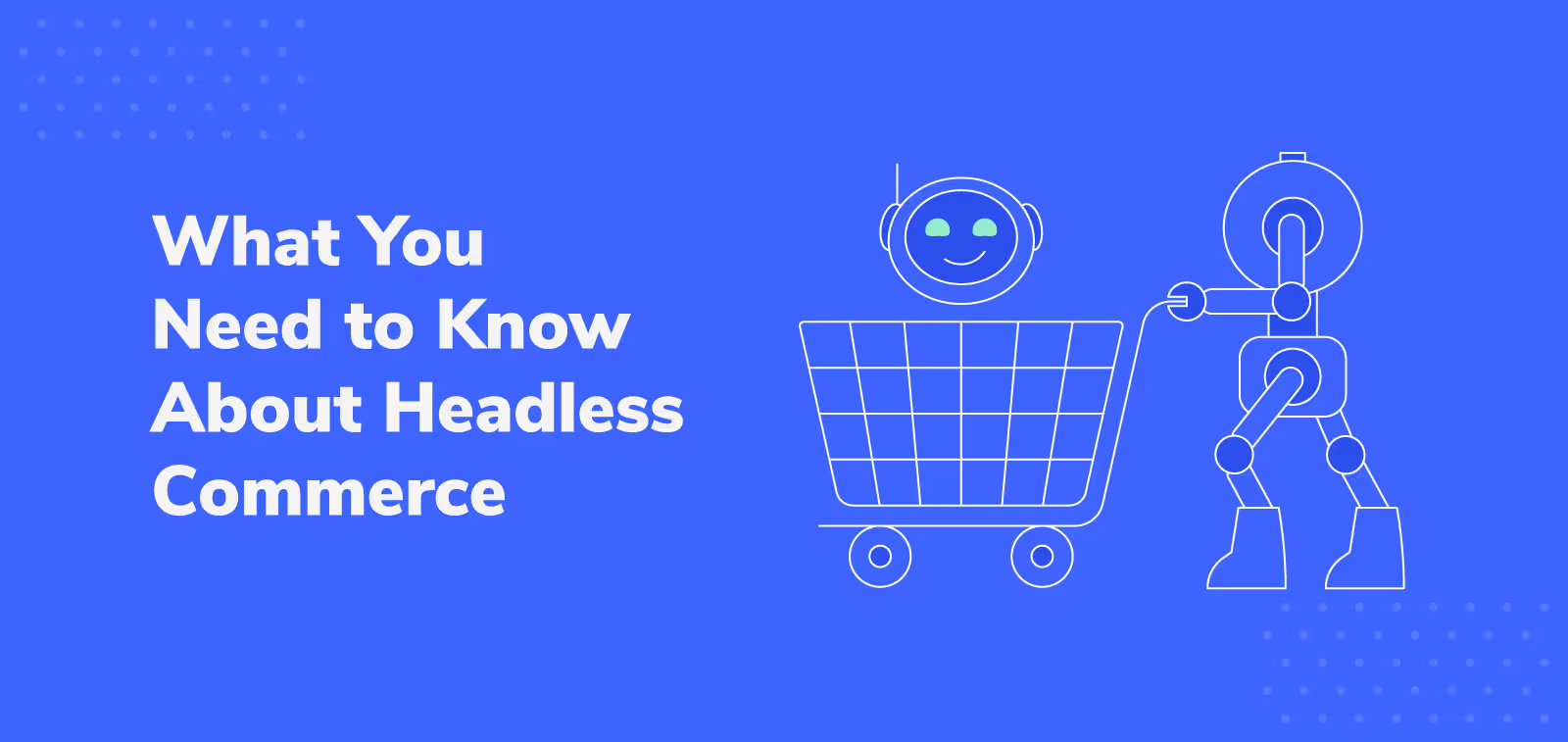How Shopify Merchants Can Sell Product Protection Plans & Increase Revenue

As we’ve seen it happen before and will surely see it continue: ecommerce is evolving. Customer acquisition is becoming more expensive, more and more brands are competing for the same customers, and customer loyalty is declining.
While that all may seem challenging to the modern ecommerce entrepreneur, there is good news, and it’s directly related to actions you can take as a Shopify merchant.
Specifically, ecommerce merchants that focus on curating an enjoyable customer experience will drive more conversions — with a higher average order value (AOV), too. We’re talking about meeting customer needs with value-added services like product protection, which enhances the customer experience and drives loyalty.
As a trusted Shopify Plus partner, Extend is in a unique position to help merchants of all sizes improve their customer experience and increase revenue. Best of all, adding Extend protection plans to your Shopify store is easy to implement, customizable for you and your customers’ needs, scalable, and a proven step toward meeting your business goals.
Extend and Shopify Plus make offering protection plans easy, but to truly take your Shopify business to the next level, you need to understand tested strategies for selling product protection.
Follow these best practices to sell more product protection plans and increase your Shopify store revenue.
Why product protection is essential to your Shopify business
Product protection is what it sounds like: protection for the products you sell on your Shopify store. Coverage terms vary, depending on program details, but a simplified explanation is that some protection plans complement a manufacturer warranty (like accidental damage protection that covers drops, spills, etc.), while others take effect after a manufacturer warranty expires (i.e., an extended warranty).
Offering product protection is a value-add for your customers, but it’s good for your business, too. Product protection can:
- Unlock revenue growth. Because merchants receive a portion of each protection plan sale, they’re able to drive incremental revenue
- Enhance your customer experience: A simple claim filing and hassle-free repair or replacement process can turn a negative experience into a positive one — and keep your customer coming back to your store.
- Motivate conversions: Our internal data shows that merchants who offer product protection plans can see an overall conversion bump of 11% or more.
- Drives loyalty: Modern protection plans like those offered by Extend allow customers to keep using their products through efficient repair options or by sending them back to a merchant’s Shopify store for an easy product replacement.
- Build trust: Product protection offers customers much needed peace of mind that they won’t be left to pay for a new product if a covered issue occurs. This nurtures customers toward conversion, as Assurant reports a 25% boost in consumer purchase intention for merchants who offer extended warranties.
“Product protection is a shortcut to customer confidence, a ‘trust badge’ that telegraphs our reliability and directly impacts sales.” — Ryan Pamplin, Co-founder & CEO, BlendJet
Best practices for selling product protection plans on your Shopify store
It’s not rocket science, but there are some tested strategies for selling product protection on your Shopify store. Follow these best practices and you could benefit with higher AOV, revenue growth, improved customer satisfaction scores, and more brand loyalty.
Announce the addition of product protection to your Shopify store
Think back to your first few sales on your Shopify store after you launched it…did those sales come from people you know? How did they find out about your store and products? They most likely heard about it from mutual acquaintances or read one of your store opening announcements.
Tapping into your personal and professional networks to spread the word about your latest news is standard practice for any entrepreneur. So when it comes to offering product protection on your Shopify store, follow the same approach.
Leverage every channel available to you, including email, social media, blog posts, and your website homepage.
Here’s an example announcement banner that Shopify merchant J&R Bicycles features throughout their website to let customers know they can protect their valuable bikes with an Extend protection plan. The banner links to a detailed landing page that includes more information about coverage terms and conditions in an easy-to-digest format.

You could even go a step farther than a simple announcement and pair it with a special promotion to drive traffic and motivate purchases. Since modern protection plans like those offered by Extend often operate on a revenue share model, running a promotion doesn’t mean you’ll lose money — instead, you’ll gain incremental revenue with every plan sold, increasing average order value and possibly offsetting any lost revenue from the discount.
If you’re not sure where to start with running a promotion, check out this helpful guide from Shopify about offering discounts.
Make protection plan offers easy to access
Today’s ecommerce customer knows what they’re looking for and only gives you around 10 to 20 seconds to grab their attention before they navigate away. Your page content must be relevant without feeling forced.
Just like how an effective sales strategy is to meet customers where they are, product protection offers should be presented to customers where they’re already spending time on your Shopify site. Specifically, that includes:
- Product description page
- Interstitial modal
- In-cart
According to internal data from Extend, the interstitial modal — the pop-up offer that appears after a customer adds a product to their shopping cart — can drive 2x the amount of protection plan program revenue than websites that don’t use it. The data also shows that in-cart offers can bump average order value up by 6%. Combine them both on your Shopify site, and you may see plan attachment rates go up.

The use of an interstitial modal to drive protection plan attachment can double program revenue.
Take a thoughtful approach to where you position your product protection offers — your best bet for increasing protection plan sales and AOV is to leverage all three placements listed.
Bring customer value and convenience to the forefront
Customers care more about the value a product brings to their lives than they do about promotional offers. The digital marketing agency UpSellit found that well-crafted, value-based messaging can drive 18% more conversions than offering small incentives.
Value-based messaging should be a key element for any sales strategy. When it comes to selling product protection, you must lead with value and convenience to gain customer buy-in.
There are a handful of ways to do this. One effective method is to leverage social proof to demonstrate value. Shopify suggests doing so by adding badges throughout your website that show impactful certifications or important product details.

In addition to featuring detailed product descriptions and photos, the mattress brand Bear demonstrates value via social proof with relevant certifications throughout its website.
You can also set up your website imagery and text to demonstrate how buying product protection along with their product will improve your customer’s experience. Include customer testimonials that tout the ease of use and added value that come with modern product protection.
A final best practice is to set up a detailed landing page to help walk customers through the convenience of their modern protection plan, as Roadrunner Scooters does here:

The page explains Kaley, Extend’s online claims specialist that’s available 24/7 and provides most claim decisions within minutes. Kaley doesn’t need a receipt to access claim information or interact with customers in a personalized manner.
Understanding the convenience of filling a claim with Extend can be the extra nudge customers need to add a protection plan to their cart.
Stay in touch after the sale
While it’s ideal to motivate customers to add product protection to their initial purchase, it doesn’t always go that way. And rest assured: that’s not the end of the world.
As allowed by applicable law, the time period after a customer makes a purchase on your Shopify site is an opportunity to deepen your customer relationship and sell product protection through post-purchase email, in-box offers, and digital marketing.
Here are some tips.
- Engage over email. One benefit of being on Shopify is that the platform offers its merchants all kinds of data, including segmentation data that offers insights on customer trends and behaviors. Shopify also now enables merchants to send 10,000 emails per month, so you can reach out to customers after their purchase and invite them to add a protection plan (if they didn’t already).
Don’t forget about key milestones throughout the customer journey like when the product is delivered, when the manufacturer warranty expires, and after the product’s first use. Each of these milestones can be an opportunity to remind customers they can still purchase a protection plan.
- Activate in-box offers. If possible, you can include protection plan information inside product packaging along with a call to action to learn more and make a purchase. This could be a specific URL, a QR code, or even a phone number that routes a customer to your customer support.
- Focus on digital marketing. Don’t forget about your website announcement bar, blog, and social media accounts: these are powerful sources of information for your customers. You can switch up the messaging as needed to let visitors know you offer protection plans and how easy it is to get started.
Analyze and optimize
Part of being a successful Shopify store owner is being nimble and able to adjust to whatever comes your way. But it’s not just blind luck; the most successful store owners are constantly referencing available data to help them make business decisions and drive conversions.
Shopify provides merchants with a wealth of information, including personal, preferential, and behavioral customer data.
Similarly, modern product protection providers like Extend leverage program data to help merchants optimize performance and increase attach rate. Optimization opportunities include plan pricing, messaging, visual representation, and even program coverage.
Merchant success managers from Extend are like Shopify account executives, helping store owners improve their protection plan sales strategies and performance. Here are just some of the metrics they may look at to make thoughtful recommendations:
- Attach rate
- Program revenue
- Average order value
- Conversions (i.e., How has conversion rate been impacted by product protection sales?)
Having a good understanding of program performance data is the first step toward improving product protection plan sales and increasing your Shopify store revenue.
Shopify stores thrive with modern product protection
Shopify makes it easy to get your products in front of customers and drive sales. Modern product protection helps you increase revenue and keeps customers in your ecosystem.
As a Shopify Plus partner, Extend empowers Shopify merchants to sell more products, optimize and customize their program performance, and improve customer loyalty. Both Shopify and Extend have dedicated teams to help with onboarding and growth, allowing merchants to focus on their businesses without worrying about the minutiae.
While there are many players in the product protection space, Extend is one of the only providers trusted by Shopify Plus to help merchants improve their stores and overall customer experience. Extend delivers a speedy, tech-first implementation process, ongoing merchant success check-ins and optimizations, and a scalable model that prioritizes customer success and Shopify business growth.
To learn more about adding Extend product protection to your Shopify store, click here to set up a custom demo.
Aaron Sullivan is senior content marketing manager at Extend. He specializes in writing about e-commerce, finance, entertainment, and beer.
.svg)












































.avif)











